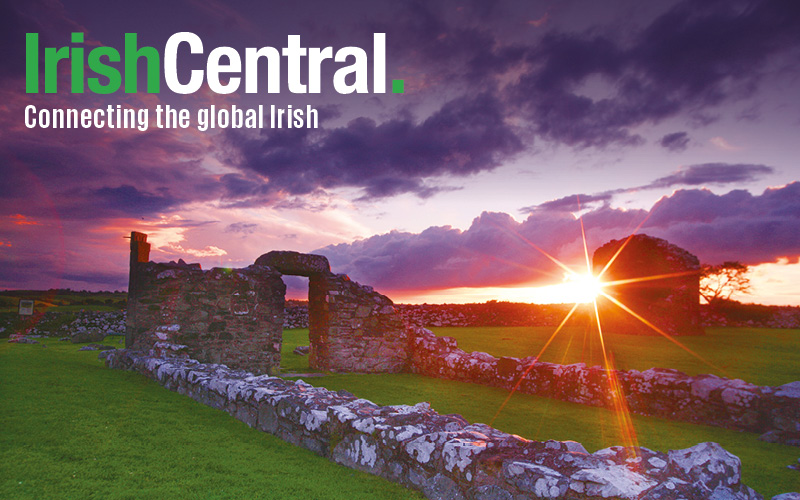Paris: Some ten days after the Charlie Hebdo atrocities, there is a solemnity about Paris. The cafes and bars are silent in the gloom of a dreary January afternoon. There is little laughter or spontaneity as the world hurries by, faces turned aside. People are going to work as they always do. ‘Metro, boulot, dodo’ is the order of the day. ’Metro work,sleep.’
It may just be the January blues, but I’m told that restaurant bookings are only half what they should be. Few are going out and everybody is wondering what is going to happen next.
It is the strangest thing. Security guards have popped up everywhere, searching bags at offices and government buildings.
On my journey through Chatalet station I see two commando-like figures with submachine guns at the ready outside the ticket office on the public concourse. People stare at them. It is as if a gun fight is about to break out anytime soon.
It reminds me of the brief visit I paid to the North of Ireland once at the height of the ‘Troubles’ and saw the barricaded post offices and police stations. The enemy of the state is unknown and comes from within.
“Ce est une guerre” ‘It’s a war,’ says Clarette, the guardienne as she stands dragging heavy smoke from her foul cigarette in the doorway of our apartment building. Well, she would say that anyway. ‘Don’t go anywhere among the crowds,’ she adds through her coughs.
The massacres at Charlie Hebdo and Port de Vincennes generated an extraordinary outpouring of emotion in France as four million people took to the streets in a show of solidarity.
“It was like a giant Irish wake,” said one friend who joined the march in Paris. At one stage a window was flung open in an apartment above the street and the music of John Lennon’s ‘Imagine’ blared out.
The whole street swelled up as the crowd sang along. ’Imagine there's no countries, It isn't hard to do .... You may say I’m a dreamer but I’m not the only one..’ roared the multicultural crowd. Everybody wanted to believe it, if just for a day.
The horror of the killings has appalled and sickened, particularly the shooting in the back of the young policewoman in Montrouge and the execution, captured on an iphone, of the Muslim policeman outside the Charlie Hebdo offices. The support for the security services is overwhelming. The crowds on Sunday even applauded the rooftop snipers protecting the march.
The sympathy for the fallen cartoonists though is not felt everywhere. In some schools in the immigrant quarters, there was widespread refusal of students to join the minute’s silence on Jan 8 in memory of the victims of the shooting.
“The sense of isolation is very strong in some of the banlieu,” says Declan, an Irish-born teacher who has lived in Paris for nearly thirty years. “The French state can offer benefits and standards but demands total assimilation, not just integration. Some groups will never accept that. They want to be separate. The young people see no future for themselves, their parents don’t care. Then they cannot find a job and feel that everyone is against them. It is then that the extremist culture takes root.“
The sudden outpouring of solidarity with the principles of democracy and freedom of speech, while typically French and wonderful to behold, has had its mainstream doubters too. "We vomit on those who suddenly declared that they were our friends," said one of the surviving cartoonists at Charlie Hebdo.
Cynical reaction, maybe and classic Charlie Hebdo, but he is hardly alone. There has been thinly-veiled criticism about the inordinate rush of some very suspect political leaders to join in the freedom love fest march last Sunday. In particular the presence of Saudi officials just days after a blogger was publicly flogged in their country for insulting Islam raised particular outrage. Now here’s a thought: could you imagine the Saudi ambassador singing along to John Lennon “Nothing to die for. No religions too”?
People keep their heads low and their guard high. This must be what New York was like after 9/11. Somehow all the public and familiar places like Gare Du Nord – our grand Central Station – seem not so familiar any more.
Does danger lurk? Do we wake or dream?
We must fight to return normality. As the great Irishman of Paris Samuel Beckett remarked, "I can’t go on I’ll go on."
We will too.
*Donal O’Dowd is an Irish expatriate engineer working in Paris




Comments